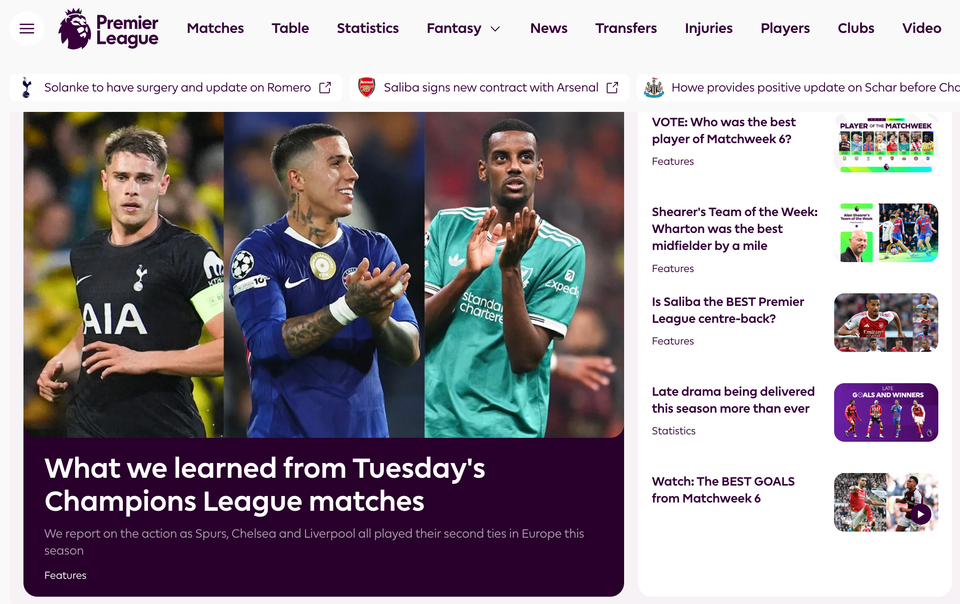Debenhams mobile strategy: We're only interested in iPhone users
Terence Eden recently highlighted a fascinating real life example of a consumer brand that’s only got eyes for iPhone.
Debenhams is a chain of 153 department stores in the UK. They’re hugely popular and serve a wide variety of demographics. They’re for everyone from your grandmother to your 14 year old niece, right?
Which is why Terence was surprised to find one of their newspaper advertisements featuring a QR code. That’s fine — if a little bit techie — but what really confused him was the requirement for you to download the Debenhams iPhone app. You then need to use that app to scan the QR code. That would then give you 10% discount on some beauty / fragrance products.
Over to Terence:
What? Let me count the ways this is wrong…
- What on earth does “shop the ad” mean? Is it a typo for “scan the ad”?
- Roughly 5% of Debenhams customers have an iPhone – why is this restricted just to them?
- I don’t know how many people have already downloaded the Debenhams app – but fewer than 500 people have rated it. With an average rating of 3* – it’s unlikely many more will grab it.
Requiring customers to download the iPhone app is highly restrictive. Yes it’s certainly cool, but the crazy fact is, most of Debenhams customers will not be using iPhones.
How should Debenhams have handled this?
Well, Terence reckons they should have enabled the QR code to point to a mobile website. I’d have gone further: Definitely use mobile web first, so that everyone with a browser-enabled handset can play (and that is a LOT of people — indeed almost anyone with a handset purchased in the last 4 years, basically).
I’d have put a shortcode on the advert and asked customers to text ‘perfume’ to 80111 (or something like that). Then I’d have sent them back a thank-you text featuring both a ‘code’ for the till (“show this text at check out for 10% discount”) along with a mobile web link featuring more information, perhaps a scannable barcode (for the handsets that are capable) and a few more bits of relevant information. After all, if you’re sitting on the train and the newspaper advertisement catches your eye, you’ll probably be quite happy to have a browse around a mobile microsite, whether you’re using an iPhone or a £70 Nokia.
Interestingly, Ruth from Debenhams saw Terence’s post and replied. Here’s what she had to say:
Hi Terence, I work at Debenhams and noticed this post regarding our use of QR codes. We thought you might be interested in some information about our customers’ mobile usage. iPhone users are the largest percentage of smartphone users for Debenhams customers and so we felt it was a good place to start targeting this activity. We do however have plans to develop the app for further handsets and ultimately want to develop a mobile site so that all smartphone users can shop for Debenhams products on their phones. We know we need to keep developing this offering, and we’re expecting to learn along the way and all feedback is really useful, so thank you!
I’m hugely disappointed to see that — yet again — another huge company has jumped aboard the ‘well, obviously, we need to look at smartphones’ viewpoint and completely ignored the rest of the country’s highly capable devices.
Yes, your 8 year old monochrome Ericsson can’t handle mobile web. But it can STILL handle text messaging. And surely you want to encourage as many people as possible to be able to interact with your brand?
The argument that iPhone users ‘are the largest percentage of smartphone users for Debenhams’ is massively disappointing.
So what about Android, BlackBerry or Nokia smartphone users?
I think what Ruth means to say is that Debenhams couldn’t be bothered to support those devices. That their mobile agency — whoever they are — didn’t really want to get involved in making apps for those other platforms. Or Debenhams didn’t want to pay.
But why are they fixed on a mobile app strategy? Where’s the mobile web — that works for almost EVERYONE? And what about ‘gracefully failing’ to ensure 100% compatibility by using SMS?
Not fun enough? Not cool enough?
Highly limited thinking.
Here’s Alex Meisl, Chairman & Co-Founder of Sponge Group explaining why this kind of strategy from this kind of brand is rather frustrating to see:



